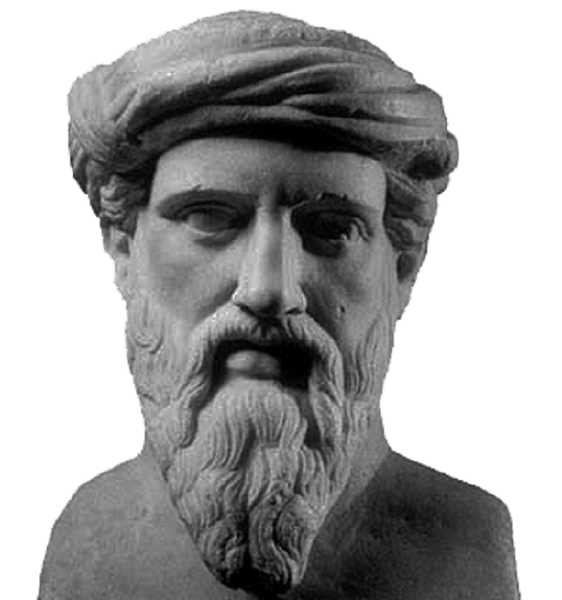In Pythagorean society there was a certain doctrine with a corresponding discipline, dedication, and a rich religious cult close to the Orphic. A great deal of respect was the variety of nature-friendly measures, gymnastic exercises and sports for physical development and strengthening. There was strict communal, abstinent and vegetarian regime: everything was common , did not eat meat, wore no exciting clothes, no beans, no sexual dissipation, and no matter what incompetence.
Relationships between members - regardless of gender - were pure, comradely, and mutual aid. Great attention has been given to the sciences and the arts, especially mathematics, geometry and music. Everyone was required: honesty, honesty, self-control, respect for every human person, especially to the elderly and the parents, the readiness to defend the fatherland and complete self-sacrifice for others. Strict public discipline and subordination to the authorities were required. Admission to society took place under a strictly defined ritual and after extensive preparation to verify and strengthen the moral purity, obedience and discipline of the candidates. For once accepted, members should be strictly secret, not to teach either the doctrine or the order and the rules of society. In this respect, the Pythagorean society was a completely secret society in which there were degrees of dedication and strict hierarchy. Only a few were honored to know the last open secrets of the doctrine and to be in the teacher's circle. The Pythagorean Order, as we might call it, soon spread to many Italian cities and has a great influence on politics. The most prominent and gifted personalities joined him. And in the Order itself, they were rigorous, and joined together for joint action. In this situation many it is natural that they have had a great influence. But on the other hand, or precisely because of this, the Order also met a very large opposition, led by someone who was Cilon.
He originated from an aristocratic family. Initially, a candidate was allowed to join the union but was not accepted. It offended him and made him a deadly enemy of the Pythagoreans, a tireless agitator against them. Sam Pythagoras, in this situation, had to leave Croton and moved to Megapont, where he died at the end of the 6th century (500 years). After his death, the political, philosophical and religious activities of the Union did not cease. Such philosophers, such as Parmenid, Zeno and Empedocles, who are known for independent teachings, are also part of the Pythagorean movement. This proves that in this society the emphasis was placed not on the equivalence of philosophical doctrine but on the uniformity of members' moral and political beliefs. By the second half of the 5th century the Pythagorean / teaching / society in Croton and all of Italy had been dissolved and expelled. Around 40 of the public leaders were burned at a gathering together with the house they were gathering. Only two people were saved by Arhidd and Lizzie. A hot pursuit has begun against the other Pythagoreans in all cities, and their homes have been burned. Everywhere in Greece - says Polibi - the meetings of the Pythagoreans were burned down and, naturally, the first people of the state system were killed and the cities were filled with murders, bizarre and all kinds of disturbances.

This post has received a 5.0 % upvote from @boomerang.